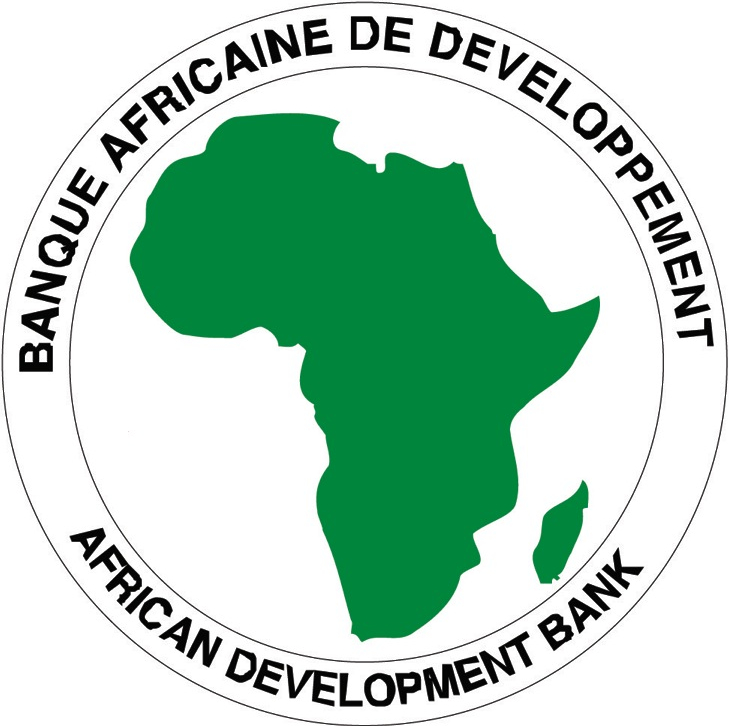The Board of Directors of the African Development Bank has approved the establishment of a €4 million Africa Circular Economy Facility to drive integration of the circular economy into African efforts to achieve nationally defined contribution (NDC) targets.
The Facility, a multi-donor trust fund, will operate over a period of 5-years and will receive an initial support of €4 million from the Government of Finland and the Nordic Development Fund. The board approval took place on 30 March 2022.
The circular economy is a model of production and consumption that involves sharing, leasing, reusing, repairing, refurbishing and recycling existing materials and products as long as possible. Under the Paris Agreement, NDCs embody efforts by each signatory to reduce national emissions and adapt to the impacts of climate change. All 54 African countries are members of the Paris Agreement.
The Facility will focus on three strategic areas: institutional capacity building to strengthen the regulatory environment for circular economy innovations and practices; providing support to the private sector through a business development program; and providing technical assistance to the African Circular Economy Alliance. The African Development Bank hosts the Alliance’s secretariat.
Jussi Nummelin, Acting Director for the government of Finland Ministry for Foreign Affairs’ Unit for Southern and Western Africa, said: “Enhancing and promoting Circular Economy is very important for Finland. The world’s first national circular economy roadmap was developed in Finland in 2016.
“We are very keen on starting the cooperation with the African Development Bank and with the African Circular Economy Alliance and the Nordic Development Fund to enhance circularity in the World,” Nummelin concluded.
Henrik Franklin, Director for Portfolio Origination and Management at Nordic Development Fund (NDF) said: “NDF is pleased to join forces with the African Development Bank and the Government of Finland to establish the Africa Circular Economy Facility (ACEF). Circular economy is key for climate change adaptation and mitigation, and has vast potential to create jobs, improve productivity and strengthen the economic competitiveness of African countries.”
Al-Hamndou Dorsouma, Officer-in-charge for Climate Change and Green Growth at the African Development Bank, said: “Putting in place a dedicated financing vehicle for the circular economy positions the Bank as a champion of solutions that decouple Africa’s economic growth from unsustainable extraction of natural resources.”
Circular economy principles play a strategic role in advancing the African Development Bank’s High-5 development priorities.
The Facility is expected to consolidate the Bank’s portfolio of operations that align with the circular economy, including renewable energy, climate-smart agriculture and green manufacturing sectors. In addition to supporting African countries’ achievement of NDC targets, it will also advance their progress towards the UN Sustainable Development Goals.
Dorsouma said the Bank would leverage its network to bring additional donors and partners on board.
The circular economy model has gained momentum as a paradigm for sustainable development in recent years. At the continental level, the African Union and the African Ministerial Conference on the Environment have recognized circularity as a focal area for their respective recovery programs launched in the wake of the Covid-19 pandemic.
Several African nations have also embedded circular economy in their Nationally Determined Contributions, and some are developing national circular economy action plans.

 Naira4 weeks ago
Naira4 weeks ago
 Naira4 weeks ago
Naira4 weeks ago
 Travel3 weeks ago
Travel3 weeks ago
 Jobs4 weeks ago
Jobs4 weeks ago
 Naira3 weeks ago
Naira3 weeks ago
 Naira3 weeks ago
Naira3 weeks ago
 Investment4 weeks ago
Investment4 weeks ago
 Travel4 weeks ago
Travel4 weeks ago
























